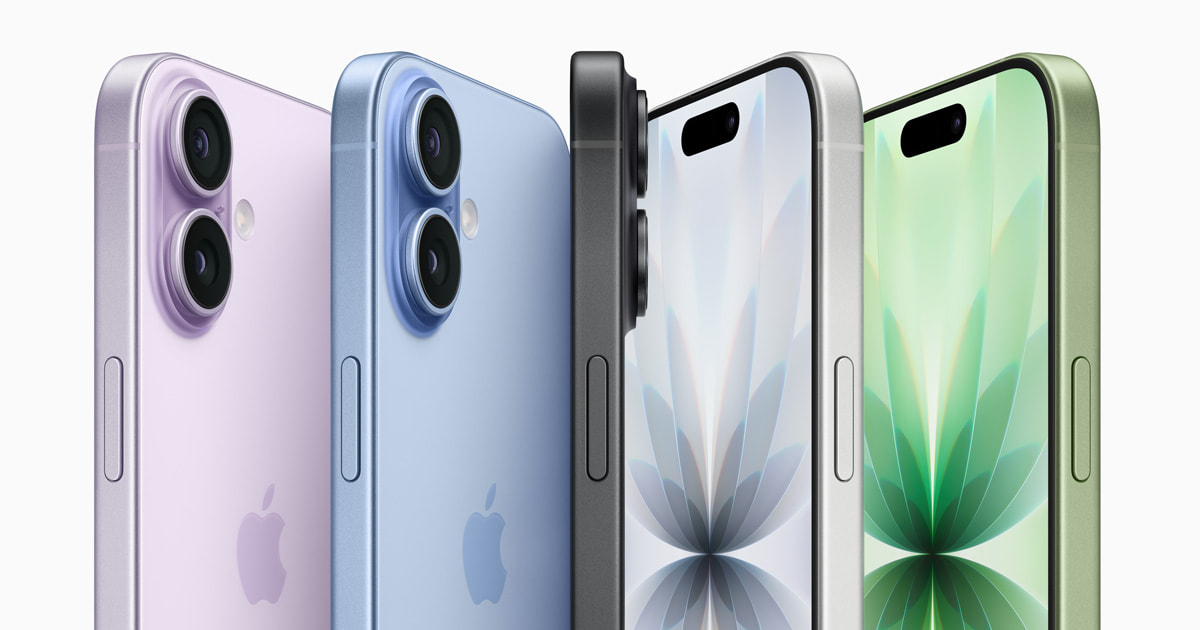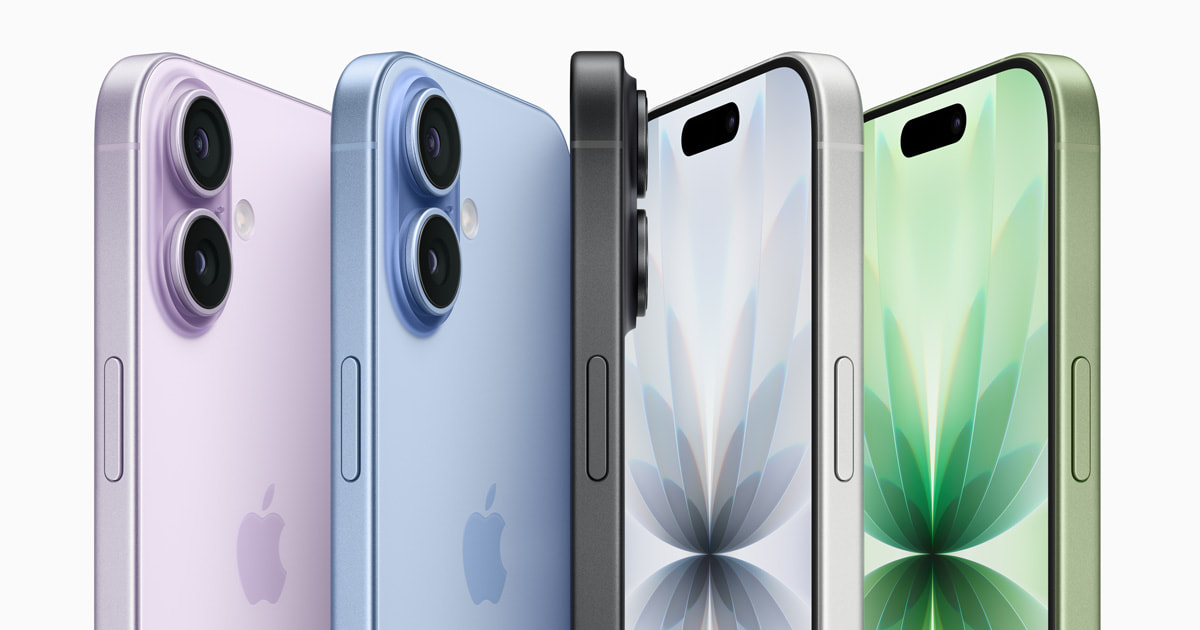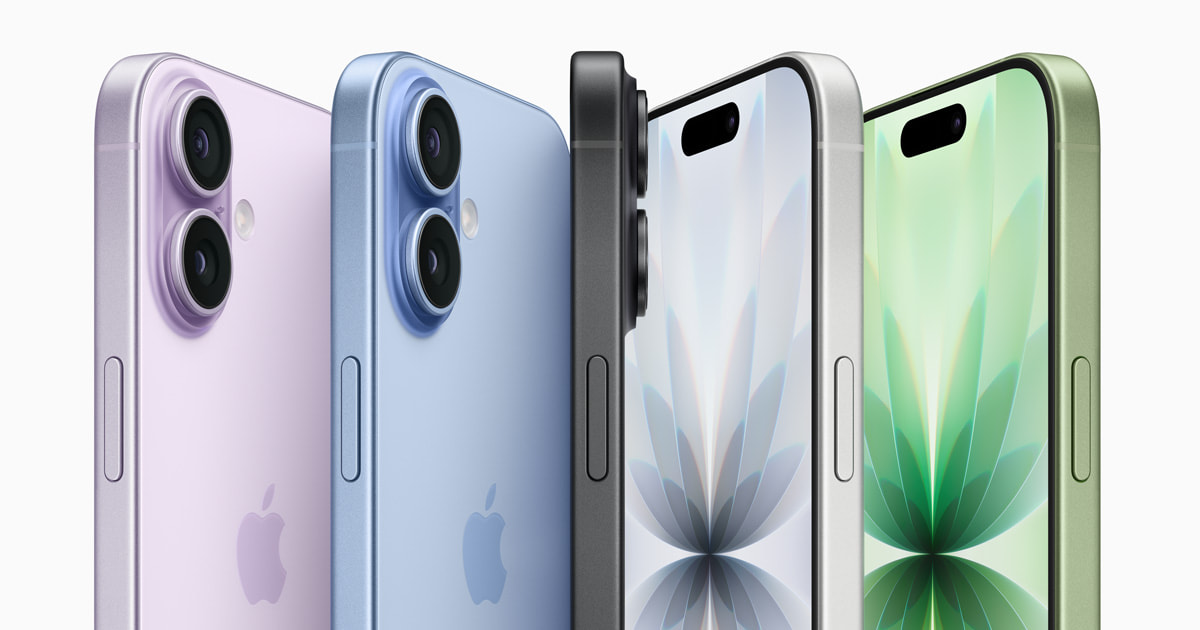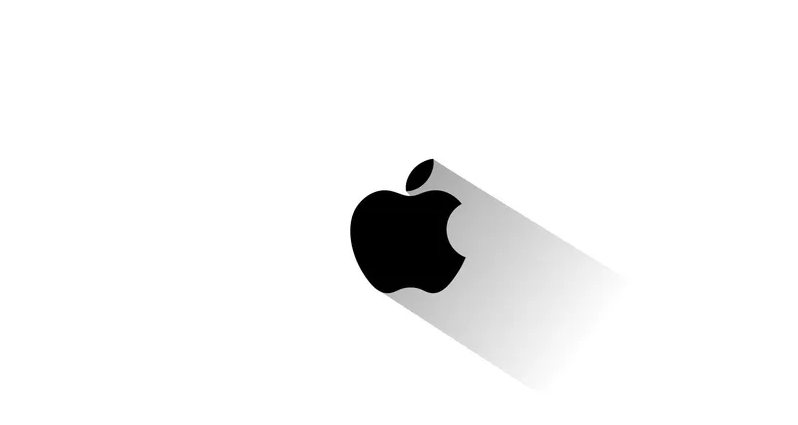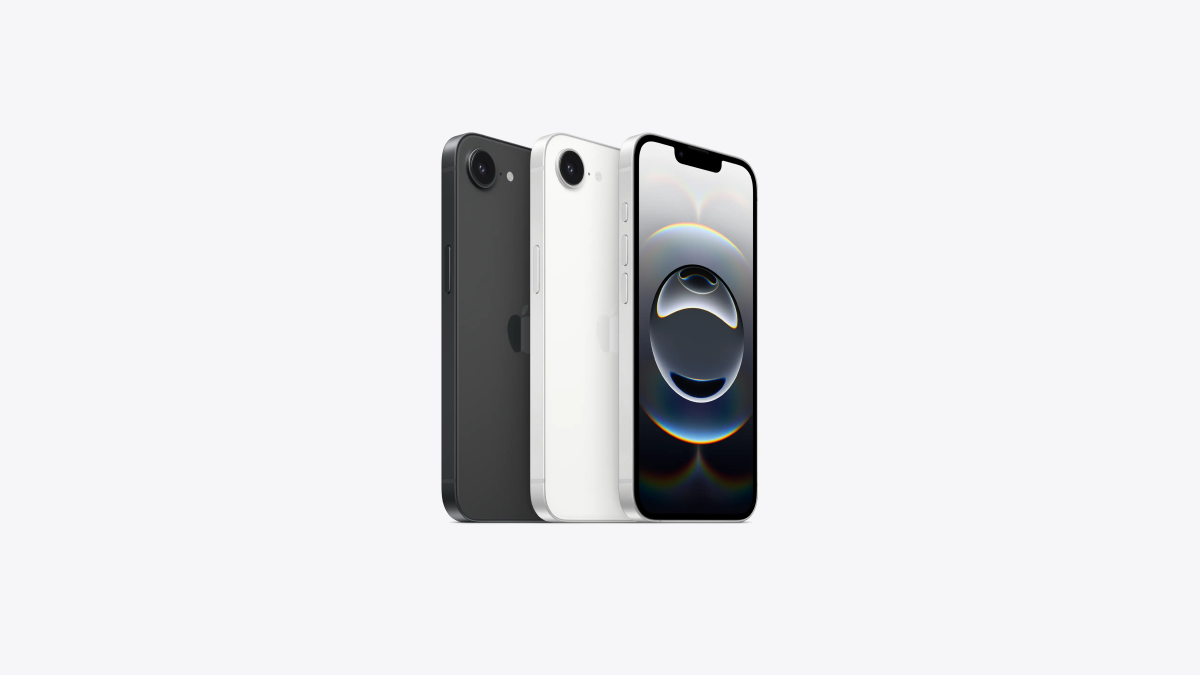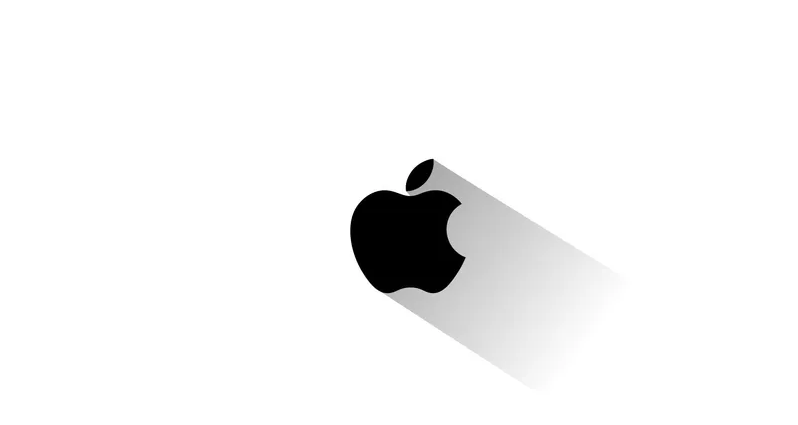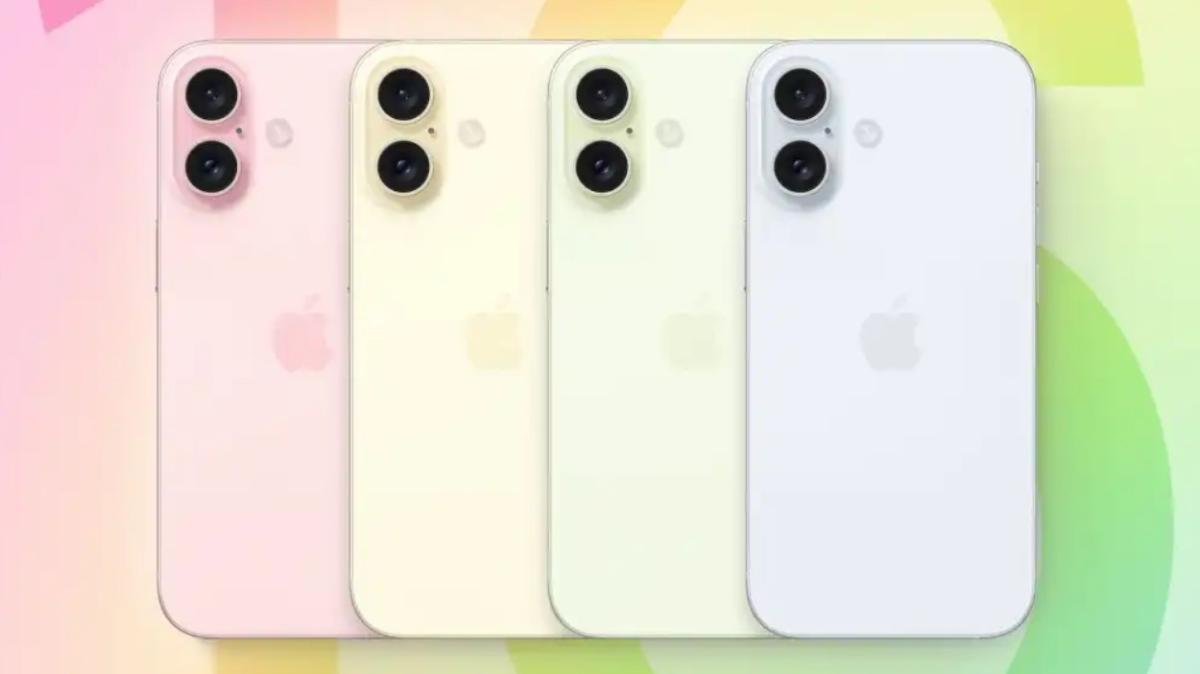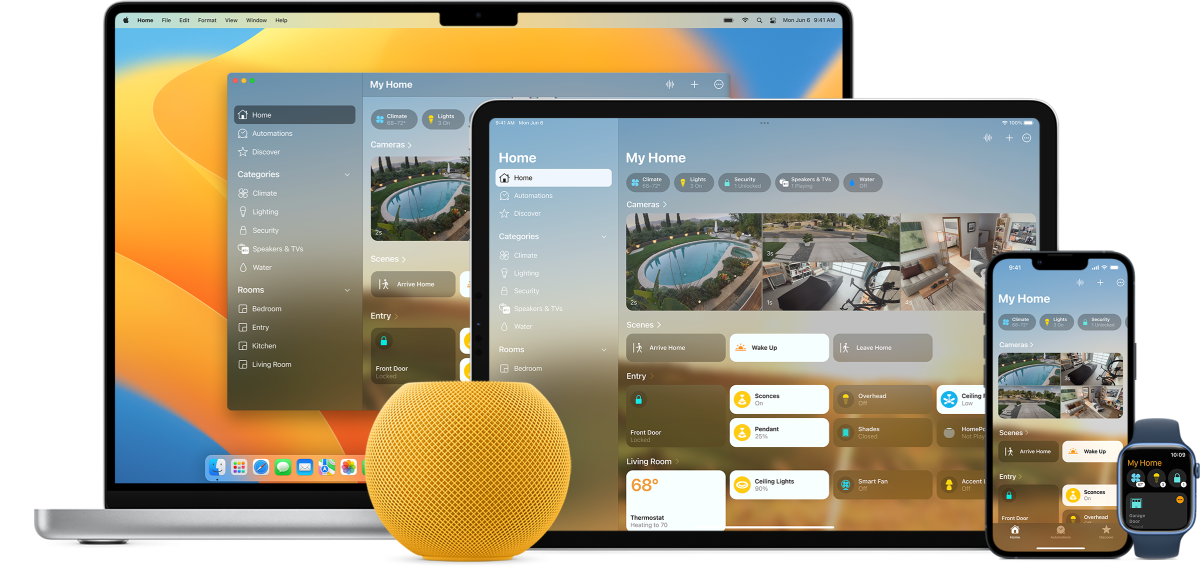
Apple
https://apple.comFrom its origins in a California garage, Apple Inc. has evolved from a niche computer company into one of the world's most influential technology titans. Its foundational contribution was not just in building computers, but in making them personal. The launch of the Macintosh in 1984 was a watershed moment, popularizing the Graphical User Interface (GUI) and the mouse for consumers. This fundamentally altered human-computer interaction, shifting the paradigm from complex command-line inputs to an intuitive, visual experience that made technology accessible to a far broader audience.
Arguably its most profound impact on modern life began in 2007 with the introduction of the iPhone. This device did more than just refine the mobile phone; it fused a communications device with a powerful, pocket-sized computer, placing the internet and its vast capabilities directly into the hands of billions. The iPhone, powered by iOS and supported by the revolutionary App Store, created an entirely new economy for software and redefined how we communicate, navigate, work, and entertain ourselves. Services like FaceTime made high-quality video calling a simple, mainstream utility, while iMessage built a vast, encrypted messaging network that further integrated users into its ecosystem.
Underpinning this ecosystem is a sophisticated and often underestimated contribution to networking. While sometimes criticized for its "walled garden" approach, Apple's deep integration is a feat of engineering. Technologies like AirDrop leverage peer-to-peer Wi-Fi and Bluetooth for seamless, local file transfers without needing a central network. The Continuity and Handoff features allow tasks to move effortlessly between a Mac, iPhone, and iPad, a process built on proprietary networking protocols. Furthermore, Apple was instrumental in popularizing Wi-Fi in the consumer space with its AirPort line of products starting in 1999. Today, this focus on seamless, user-friendly networking—powered by its industry-leading custom silicon like the M-series chips—remains a core tenet of its technological dominance.
